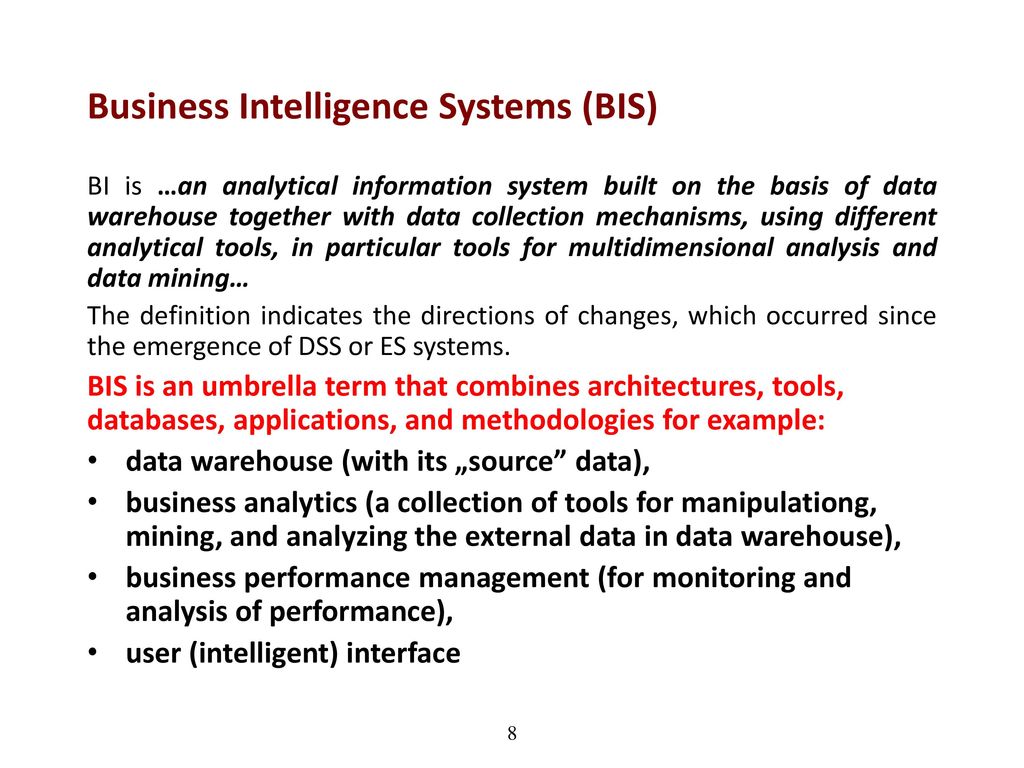Do You Have to Call the Police in a Car Accident?
The aftermath of a car accident can be a chaotic and confusing time. In the midst of the chaos, you may wonder if you need to call the police. The answer depends on several factors, including the severity of the accident, whether there are any injuries, and whether you suspect the other driver is intoxicated or uninsured.
If you are involved in a minor accident with no injuries and both drivers are cooperative, you may not need to call the police. However, it’s always a good idea to exchange insurance information and contact details with the other driver. If you are unsure whether the other driver is intoxicated or uninsured, it’s best to err on the side of caution and call the police.
When to Call the Police After a Car Accident
There are certain circumstances where it’s always a good idea to call the police after a car accident. These circumstances include:
1. If there are any injuries
If anyone is injured in a car accident, no matter how minor the injuries may seem, you should call the police. The police will be able to investigate the accident and determine who is at fault. They will also be able to help you file a police report, which will be helpful if you need to file an insurance claim.
In addition to calling the police, you should also seek medical attention for any injuries, even if they seem minor. Some injuries, such as whiplash, may not be immediately apparent. It’s always better to err on the side of caution and get checked out by a doctor.
2. If there is significant damage to the vehicles
If the vehicles involved in the accident are significantly damaged, you should call the police. The police will be able to investigate the accident and determine who is at fault. They will also be able to help you file a police report, which will be helpful if you need to file an insurance claim.
3. If you suspect the other driver is intoxicated or uninsured
If you suspect that the other driver is intoxicated or uninsured, you should call the police. The police will be able to investigate the accident and determine if the other driver is intoxicated or uninsured. They will also be able to take appropriate action, such as arresting the other driver or issuing them a ticket.
4. If you are not sure who is at fault
If you are not sure who is at fault for the accident, you should call the police. The police will be able to investigate the accident and determine who is at fault. They will also be able to help you file a police report, which will be helpful if you need to file an insurance claim.
5. If you need a traffic report
If you need a traffic report for insurance purposes or other legal reasons, you should call the police. The police will be able to provide you with a traffic report, which will document the details of the accident.
Do You Have to Call the Police in a Car Accident?
If you’ve been in a car accident, you may be wondering whether or not you need to call the police. The answer is not always straightforward. Here’s a guide to help you decide.
Minor Accidents
If there is no serious damage or injuries, and both drivers agree on what happened, you may be able to avoid calling the police. However, it’s still a good idea to exchange insurance information and take pictures of the damage. You should also file a police report if the other driver is uninsured or if you suspect they may be intoxicated.
When You Should Call the Police
There are several situations in which you should definitely call the police after a car accident. These include:
- If there are serious injuries: Don’t wait to call the police if someone is seriously injured. Call 911 immediately.
- If there is major damage: If the damage to your car or the other car is severe, you should call the police.
- If the other driver is uninsured: You should call the police if the other driver is uninsured. This will help you protect your rights and ensure that you get the compensation you deserve.
- If the other driver is intoxicated: If you suspect that the other driver is intoxicated, you should call the police. Driving under the influence is a serious crime, and you don’t want to put yourself or others at risk.
- If you are unsure what to do: If you’re unsure whether or not you need to call the police, it’s always best to err on the side of caution and call. The police can help you determine whether or not a police report is necessary.
What to Do if the Other Driver Won’t Cooperate
If the other driver is uncooperative or refuses to exchange insurance information, you should call the police. The police can help you get the information you need and ensure that the other driver is held accountable.
Conclusion
Deciding whether or not to call the police after a car accident can be a difficult decision. However, by following the guidelines above, you can make the best decision for yourself and your passengers. Remember, it’s always better to be safe than sorry.
Do You Have to Call the Police in a Car Accident?
After a car accident, you may be wondering whether or not you need to call the police. The answer depends on several factors, including the severity of the accident, whether there are any injuries, and whether you suspect the other driver is intoxicated.
Minor Accidents
If the accident is minor and there are no injuries, you may not need to call the police. However, it’s always a good idea to exchange information with the other driver, including your name, address, phone number, insurance information, and license plate number. You should also take photos of the damage to both vehicles and get the names and contact information of any witnesses.
Major Accidents
If the accident results in serious injuries or property damage, or if one of the drivers is believed to be under the influence of alcohol or drugs, you should call the police immediately. The police will investigate the accident and determine who is at fault. They will also file a report that can be used by your insurance company to process your claim.
Uncooperative Drivers
In some cases, the other driver may be uncooperative or even aggressive. If this happens, it’s important to stay calm and call the police. The police can help to defuse the situation and get the necessary information.
Hit-and-Run Accidents
If the other driver flees the scene of the accident, you should call the police immediately. Hit-and-run accidents are illegal, and the police will investigate to try to find the driver who fled. You should also try to get as much information as possible about the other vehicle, including the make, model, color, and license plate number.
Conclusion
Deciding whether or not to call the police after a car accident can be difficult. However, it’s always better to err on the side of caution. If you’re not sure whether or not you should call the police, it’s best to do so. The police can help to investigate the accident, determine who is at fault, and get you the compensation you deserve.
Do You Have to Call the Police in a Car Accident?
It’s a common question after a fender-bender: do I need to call the police? The answer isn’t always clear, but there are certain factors to consider before making a decision. Here’s a comprehensive guide to help you determine when you should involve law enforcement in a car accident.
Minor Accidents
In many cases, a minor accident without any injuries can be handled by filing a police report online or over the phone. This is typically the case for incidents involving minor property damage, such as dented bumpers or scratched paint. However, it’s always a good idea to document the accident by taking photos and exchanging insurance information with the other driver.
Major Accidents
If there are any injuries, no matter how minor, it’s imperative to call the police. Injuries can sometimes take hours or even days to manifest, so it’s important to seek medical attention and have an official record of the incident. Additionally, police can help direct traffic, prevent further accidents, and conduct an investigation to determine fault.
Hit-and-Run Accidents
If one of the drivers involved in the accident flees the scene, you should report it to the police as soon as possible. Hit-and-run accidents are illegal and can be dangerous, as the fleeing driver may be under the influence of drugs or alcohol. The police can issue a warrant for the driver’s arrest and collect evidence that may lead to his or her conviction.
Insurance Claims
In most cases, you will need to file an insurance claim after a car accident. The police report can serve as evidence of the accident and provide details that can help support your claim. Insurance companies often require a police report before they will process a claim, especially for major accidents.
Legal Issues
There are certain legal ramifications of not reporting a car accident to the police. If the accident results in injuries or significant property damage, failing to report it could result in traffic violations or even criminal charges. Consult with an attorney to understand your legal obligations and responsibilities after a car accident.
Do You Have to Call the Police in a Car Accident?
When involved in a car accident, determining whether to call the police can be a perplexing decision. While reporting the incident may seem like the obvious choice, certain factors should be considered to make an informed decision. In this article, we’ll delve into the reasons why you may or may not need to call the police after a car accident, as well as the implications of doing so.
When to Call the Police
In general, it’s advisable to call the police if:
- There are injuries: Even minor injuries should be reported to the authorities. They can assess the severity, provide medical assistance, and create a record for insurance claims.
- There is significant property damage: Accidents causing extensive damage to vehicles or other property warrant police involvement. The report can document the extent of the damage for insurance purposes.
- The other driver is uninsured or intoxicated: If the other driver doesn’t have insurance or is under the influence of alcohol or drugs, calling the police is crucial. They can enforce legal consequences and protect you from potential liability.
- You feel unsafe: If you feel intimidated or threatened by the other driver or witnesses, don’t hesitate to call the police. They can ensure your safety and maintain order at the scene.
When You Might Not Need to Call the Police
In certain situations, calling the police may not be necessary:
- Minor accidents with no injuries or property damage: If the collision was minor, both parties are cooperative, and there’s no visible damage, you may not need to report the incident.
- You and the other driver agree: If you can reach an agreement with the other driver about details of the accident, exchanging insurance information and filing claims may suffice.
- You’re in a private parking lot: Unless there are injuries or significant property damage, accidents in private parking lots can be handled between the parties involved.
Insurance Claims
Calling the police can help with insurance claims, as the police report can provide an official record of what happened. This report can include details such as the time, location, damage to vehicles, and witness statements. It can help insurance companies determine fault and process claims more efficiently.
Conclusion
Deciding whether to call the police after a car accident depends on various factors. If there are injuries, significant property damage, or concerns about safety, it’s generally advisable to do so. However, in minor accidents where both parties agree and there’s no damage or injuries, reporting the incident may not be necessary. Ultimately, the decision should be based on the specific circumstances of the accident and should prioritize safety, documentation, and legal protection.
Do You Have to Call the Police in a Car Accident?
It’s a question that can haunt your mind after a car accident. Do you need to call the police? The answer to this complex question depends on a myriad of factors. Let’s delve into the murky waters of post-accident protocols and see if we can shed some light on this pressing issue.
Legal Disputes
If there’s any contention over who caused the accident, summoning the police is a wise move. Their presence can serve as an impartial witness, helping to resolve the dispute. They’ll meticulously document the scene, taking down each driver’s account and soliciting witness statements. This invaluable information can prove crucial in establishing fault and determining liability.
Injuries
If anyone involved in the accident has sustained any injuries, no matter how minor they might seem, it’s imperative to call the police. They’ll dispatch medical personnel to the scene to provide assistance and document the injuries. This documentation will be invaluable if you need to file an insurance claim or pursue legal action.
Hit-and-Run Accidents
In the unfortunate event that the other driver flees the scene, you have no choice but to call the police. Hit-and-run accidents are serious offenses, and the police will take immediate steps to apprehend the perpetrator.
Significant Property Damage
If the accident results in extensive damage to your vehicle or any other property, calling the police is a good idea. They’ll assess the damage and prepare an official report, which will come in handy when filing an insurance claim.
Insurance Matters
In some cases, your insurance company might require you to call the police in the event of an accident. Check your policy to determine if this is the case. Failure to report the accident could result in denied claims or reduced coverage.
Safety First
Ultimately, your safety is paramount. If you feel unsafe or threatened after a car accident, don’t hesitate to call the police. Their presence can help de-escalate the situation and ensure the well-being of all parties involved.




Leave a Reply